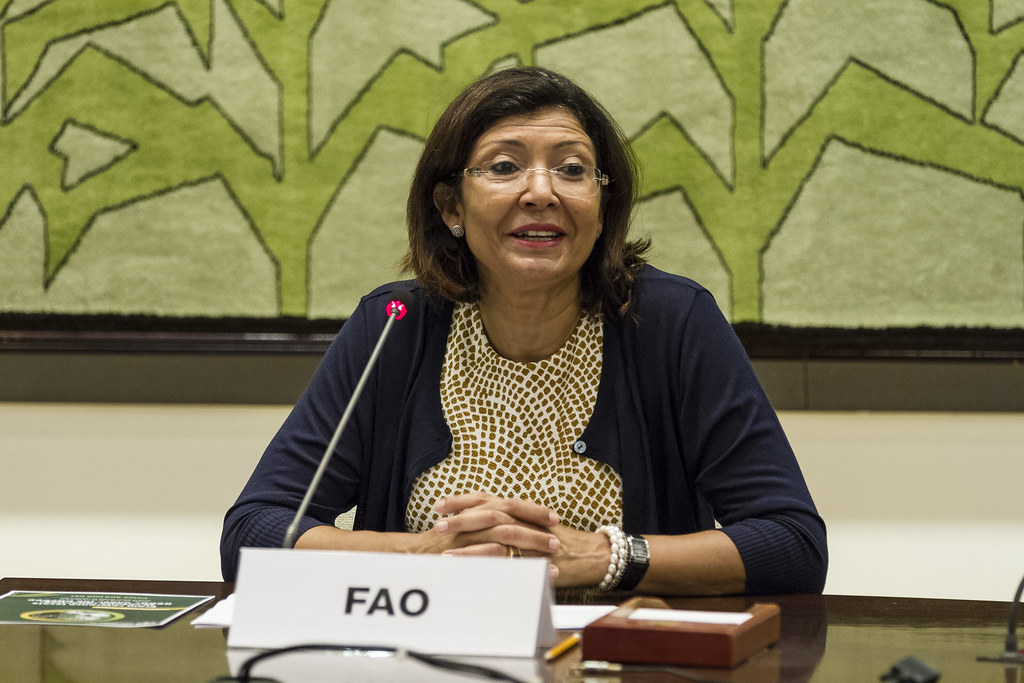At the 18th World Water Congress, FAO Deputy Director-General Maria Helena Semedo stressed that agriculture holds the key to conserving strained water resources and ensuring a reliable supply of food and water.
According to her, agriculture’s significance in water conservation cannot be overstated, as it consumes more than 70 percent of the world’s freshwater resources.
However, the availability of water for agricultural purposes faces numerous threats, including resource depletion, climate change, and competition from other sectors.
Semedo outlined several FAO initiatives designed to advance integrated water resources management for agriculture and food security, all of which contribute to achieving various Sustainable Development Goals:
FAO has introduced the FAO Water Productivity Open-Access Portal (WaPOR) and the Global Framework on Water Scarcity in Agriculture (WASAG) platforms, providing valuable data and information to support countries.
To ensure fair and accurate accounting for all water users, FAO initiated the Global Dialogue on Water Tenure, which explores ways to recognize informal and customary water users.
The National Water Roadmaps initiative assists member countries in formulating integrated strategies and policies to promote sustainable water usage.
Upcoming global assessments by FAO will focus on irrigation needs and potential, as well as the impact of floods on agriculture and rural areas, helping countries adapt to climate-related agricultural challenges.
Integrated water resources management took center stage at the 43rd Session of the FAO Conference and will be the central theme for FAO Governing Bodies in 2024–25.
FAO is dedicated to the Global Water Action Agenda, ensuring equitable access to sufficient and high-quality water. Semedo also highlighted the interconnectedness of biodiversity, water, climate, and food security within the Kunming-Montreal Global Biodiversity Framework, emphasizing agriculture’s vital role in the framework.
Semedo stressed the importance of ecosystem-based solutions and sustainable resource management, advocating for the prioritization of green and blue infrastructure in agriculture and fisheries. These approaches can enhance water quality, conserve biodiversity, and offer multiple benefits to agrifood systems and rural areas.
As the deadline for the UN Sustainable Development Goals in 2030 approaches, Semedo called for collaborative frameworks involving governments, international organizations, academia, research institutions, local communities, and the private sector. These collaborations are essential to ensure that water serves both people and the planet, addressing the global water crisis effectively.


Comments are closed.